In the News
-
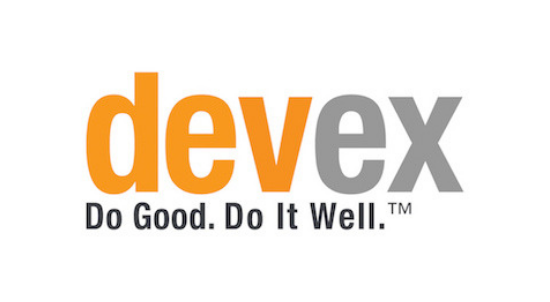 26 March 2019
26 March 2019What happens when a DFI project goes wrong?
In this article, Teresa Welsh discusses four DFI-funded projects that resulted in harm towards local communities and lessons learned for lenders, including two cases – Liberia & Mexico – in which Accountability Counsel supported affected communities to achieve remedy. -
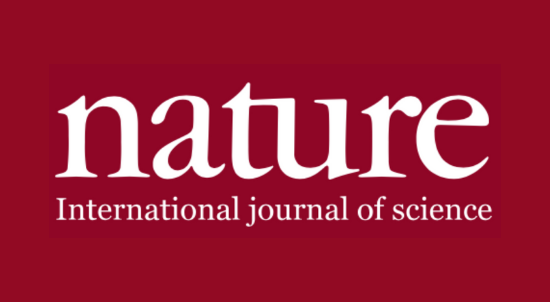 19 March 2019
19 March 2019The World Bank Must Clean Up Its Act
In this Nature article, Vijaya Ramachandran discusses last month’s U.S. Supreme Court decision on the case of Jam vs. IFC, noting it as a wake-up call for all international development agencies. Ramachandran also offers four suggestions on how the IFC — and the World Bank Group as a whole — can be held accountable. -
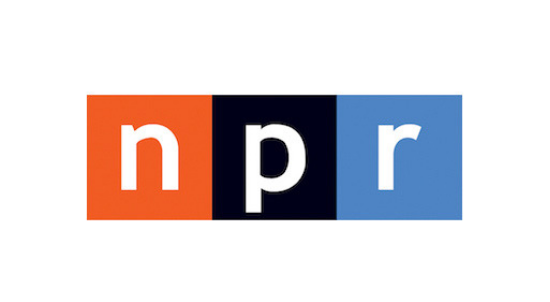 7 March 2019
7 March 2019U.S. Supreme Court Rules That World Bank Can Be Sued
In this NPR article, Tim McDonnell reports on the historical U.S. Supreme Court 7-1 ruling on Jam v. International Finance Corporation, and what it means for international financial institutions as well as local communities who have been harmed by bank-funded development projects. -
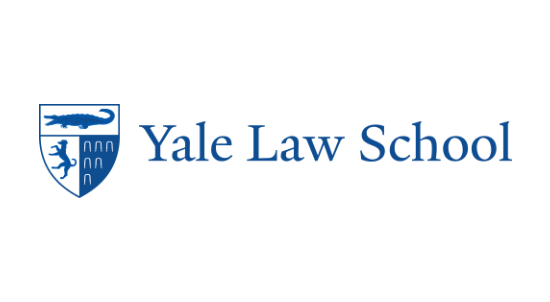 7 March 2019
7 March 2019Former Robina Fellow Lani Inverarity ’15 Shares Win for Land Rights in Haiti
It took nearly eight years to achieve justice. But in December 2018, a complaint filed by more than 420 Haitian farmers and their families culminated in a historic agreement with the bank that once displaced them. Lani Inverarity ’15 L.L.M. explained that what began as a mere dream “now has the potential to change the lives of thousands of people.” -
 4 March 2019
4 March 2019Calls for stronger accountability after IFC Supreme Court ruling
The U.S. Supreme Court decision that the World Bank does not have absolute immunity from prosecution is unlikely to trigger a flood of lawsuits but it could bolster calls for the institution to strengthen its internal accountability mechanisms. In this article, Accountability Counsel’s Policy Director Kindra Mohr and our colleagues at EarthRights International and Namati discuss the reforms needed for a strong and effective accountability framework. -
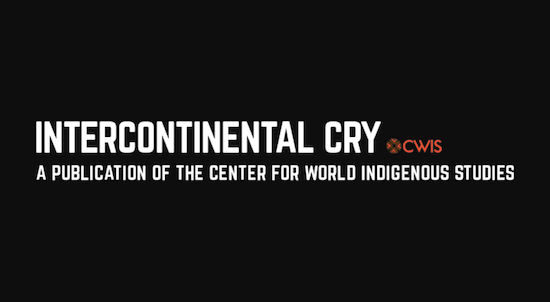 7 February 2019
7 February 2019Indigenous Communities Appeal to the UN to Help Rectify an “Ethnocide”
This article covers the Ngäbe-Buglé communities’ fight against the Barro Blanco Hydroelectric Dam in Panama, including their complaint to the United Nations Development Programme’s accountability office, the Social and Environmental Compliance Unit (SECU). Accountability Counsel provides context on SECU and the independent accountability office landscape in the article. More information about our recent advocacy to ensure that SECU and its counterpart, the Stakeholder Response Mechanism, are effective avenues for remedy and accountability can be found on our Policy page. -
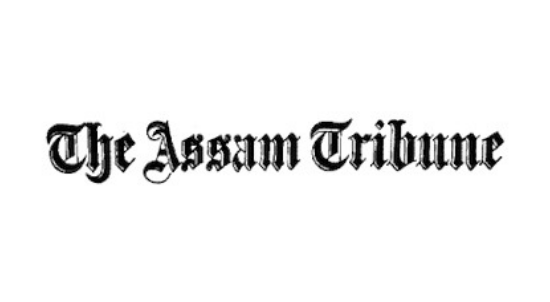 7 February 2019
7 February 2019WB watchdog flays failure to deliver on commitments to tea workers
In this article, the Assam Tribune covers our case in Assam highlighting the CAO monitoring report which found that the International Finance Corporation and Tata Group plantations have failed to deliver on commitments to address serious health and safety concerns facing the 155,000 people that live and work on tea plantations it owns in India’s North East. -
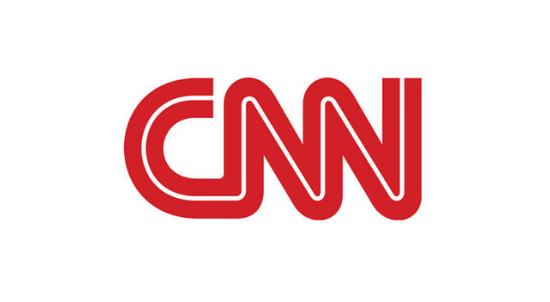 6 February 2019
6 February 2019Pregnant women are risking their lives to bring people tea
In this CNN article, Swati Gupta covers the gendered impacts of serious health and safety issues rampant on tea plantations in Assam, some of which are owned by IFC and Tata Global. -
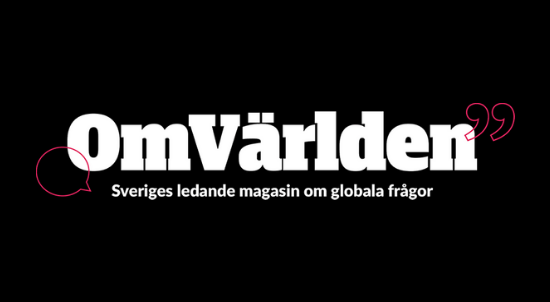 4 February 2019
4 February 2019Fem bra saker som hände i januari
Bönder får rätt i marktvist på Haiti, miljontals träd har planterats i Myanmar och entreprenörskap i Ghana tar itu med plastskräpet. Det är några av januaris hoppfulla nyheter. -
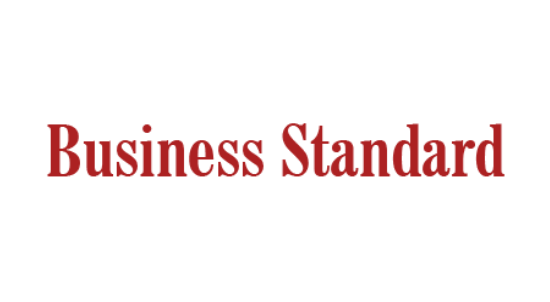 4 February 2019
4 February 2019IFC failed to ensure workers’ safety at APPL plantations: WB investigator
In this article, Kumar Sambhav Shrivastava highlights the findings of the World Bank’s official investigator in which the IFC had failed to address the health and safety concerns of thousands of workers and their families living in Tata group’s tea plantations in India’s Northeast. Accountability Counsel will continue to support and advocate for tea workers in Assam. -
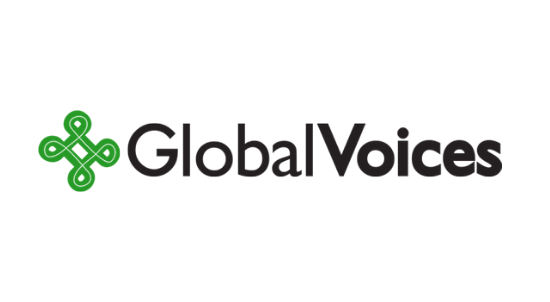 29 January 2019
29 January 2019Displaced farmers’ coalition reclaims their road to sustainable livelihoods years after Haiti’s devastating earthquake
In this article, Janine Mendes-Franco tells the story of a recent victory in Haiti involving a collective of farmers, who were adversely impacted by a bank-financed industrial park, and won a settlement with the Inter-American Development Bank and the Haitian government. Accountability Counsel supported the Haitian farmers throughout the negotiation process and will continue to support the implementation phase. -
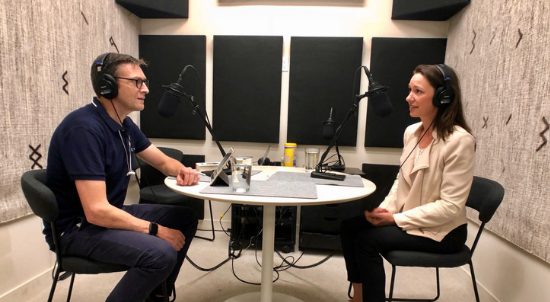 23 January 2019
23 January 2019Empowering the Powerless and Changing The World From The Bottom-Up: Natalie Bridgeman Fields
AC’s Founder & Executive Director Natalie Bridgeman Fields is featured as a guest in the latest episode of The Impossible Network podcast. -
 14 January 2019
14 January 2019Haiti Farmers Demanded Justice After Losing Their Land – Their Victory Shows What Empowering Workers Can Achieve
In this BHRRC article, AC’s Lani Inverarity reflects on the historic agreement reached by a group of Haitian farmers last month, and how the 2010 earthquake anniversary now holds the possibility of transformation and renewal. -
 11 January 2019
11 January 2019Haiti Update: Grassroots Victory in Caracol
In this article, Tom Ricker describes the historic agreements reached by a collective of farmers in Northeast Haiti to restore livelihoods that were lost when they were displaced for an industrial park. Accountability Counsel supported the Haitian farmers to reach these agreements through a dialogue with a development bank that financed… -
 11 January 2019
11 January 2019IDB Settles Accountability Case in Haiti, Granting Land to Farmers
In this article, Teresa Welsh highlights the recent victory in Haiti where a group of farmers, who were adversely impacted by a bank-financed industrial park, won a settlement with the Inter-American Development Bank and the Haitian government. Accountability Counsel supported the Haitian farmers throughout the negotiation process and will continue to support the implementation phase. -
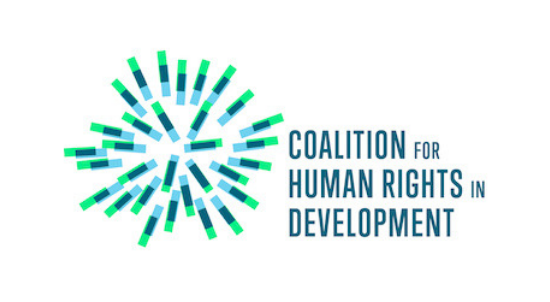 10 January 2019
10 January 2019Coalition Members Comment on Resignation of World Bank President
The President of the World Bank Group, Jim Yong Kim, announced he is stepping down from his position this February 1, 2019 to take a position with Global Infrastructure Partners, a private investment firm that did extensive business with the Bank during Kim’s tenure. -
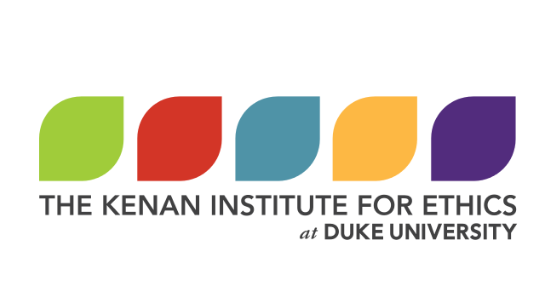 9 January 2019
9 January 2019Former Pathways Intern Continues Work to Protect Human and Environmental Rights
In this article, as a former Pathways Intern, Sydney Speizman reflects on her experience working at Accountability Counsel as the Executive Coordinator. -
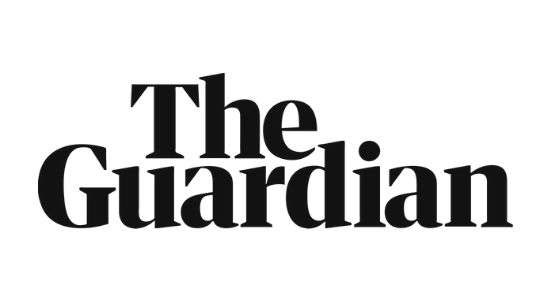 20 December 2018
20 December 2018The Upside Weekly Report
Haitian farmers we supported and their recent victory is featured as this week’s upside in The Guardian’s Upside Weekly Report, 14 December 2018. -
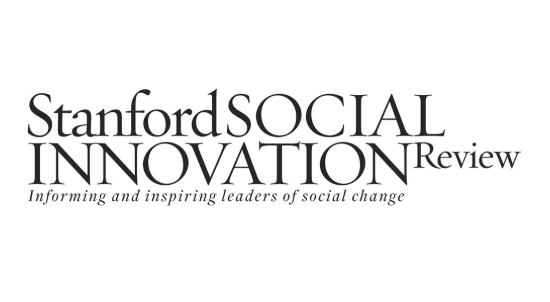 20 December 2018
20 December 2018Three Community Feedback Tools for Impact Investors
In this SSIR article, Gayle Peterson discusses three community feedback tools for impact investors. Accountability Counsel’s Liberia case is highlighted in this article. -
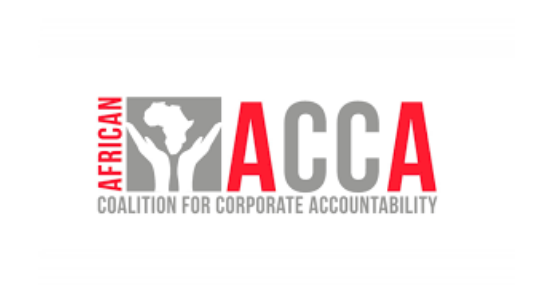 11 December 2018
11 December 2018Protecting Communities’ Rights in Africa: Reflections on the 2018 ACCA General Assembly
In this article, Policy Associate Stephanie Amoako reflects on the 2018 African Coalition for Corporate Accountability (ACCA) General Assembly which took place in Nairobi, Kenya. This year’s General Assembly focused on Free, Prior, and Informed Consent (FPIC), where participants charted a way forward for empowering communities whose lives will be affected by projects in Africa.

